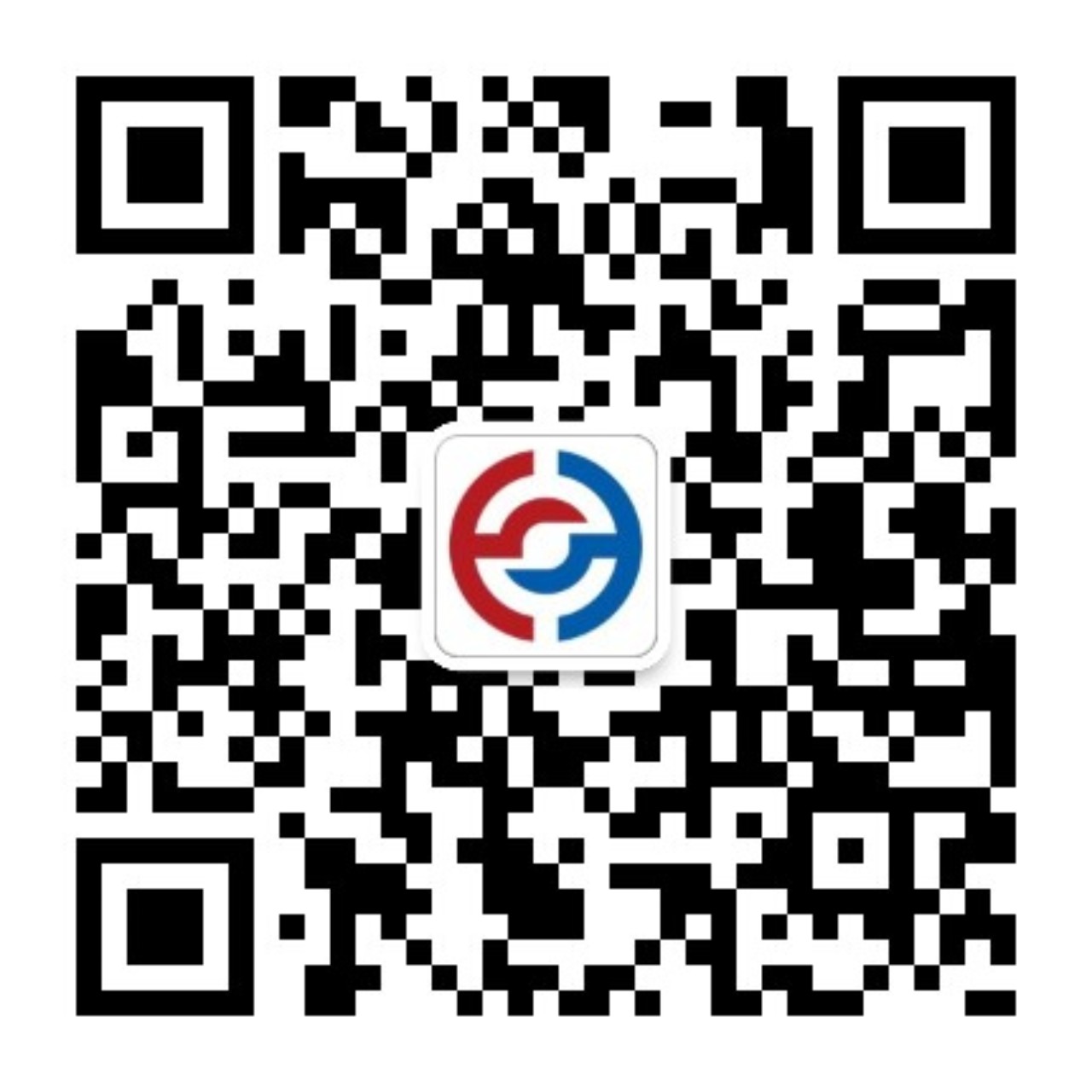韩国第三季度国内生产总值(QoQ)增长高于预期(1.2%):实际(1.3%)。韩国第三季度国内生产总值(QoQ)增长高于预期(1.2%):实际(1.3%)
South Korea Gross Domestic Product Growth (QoQ) above expectations (1.2%) in 3Q: Actual (1.3%).South Korea Gross Domestic Product Growth (QoQ) above expectations (1.2%) in 3Q: Actual (1.3%)
